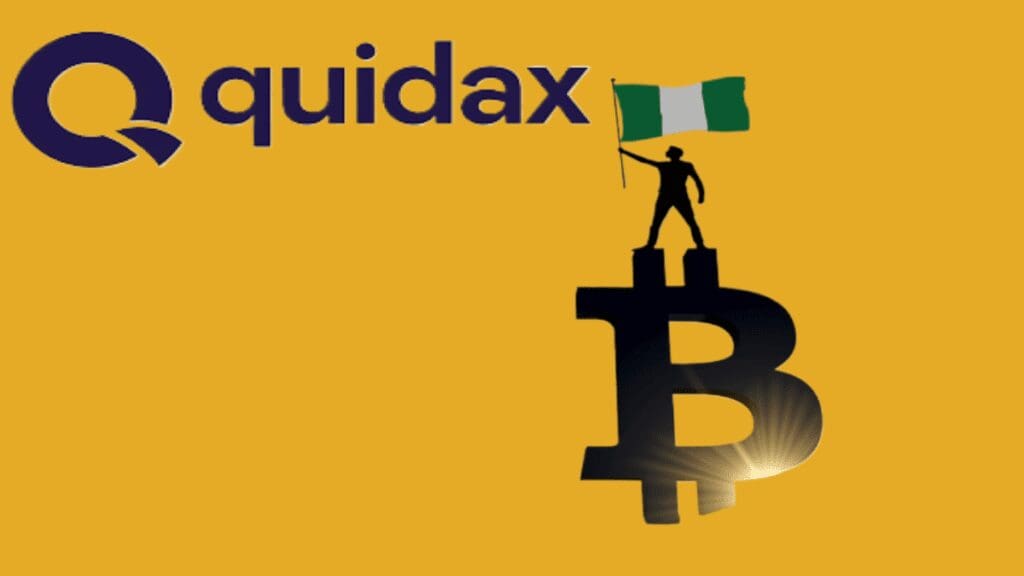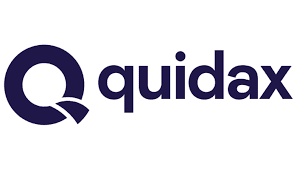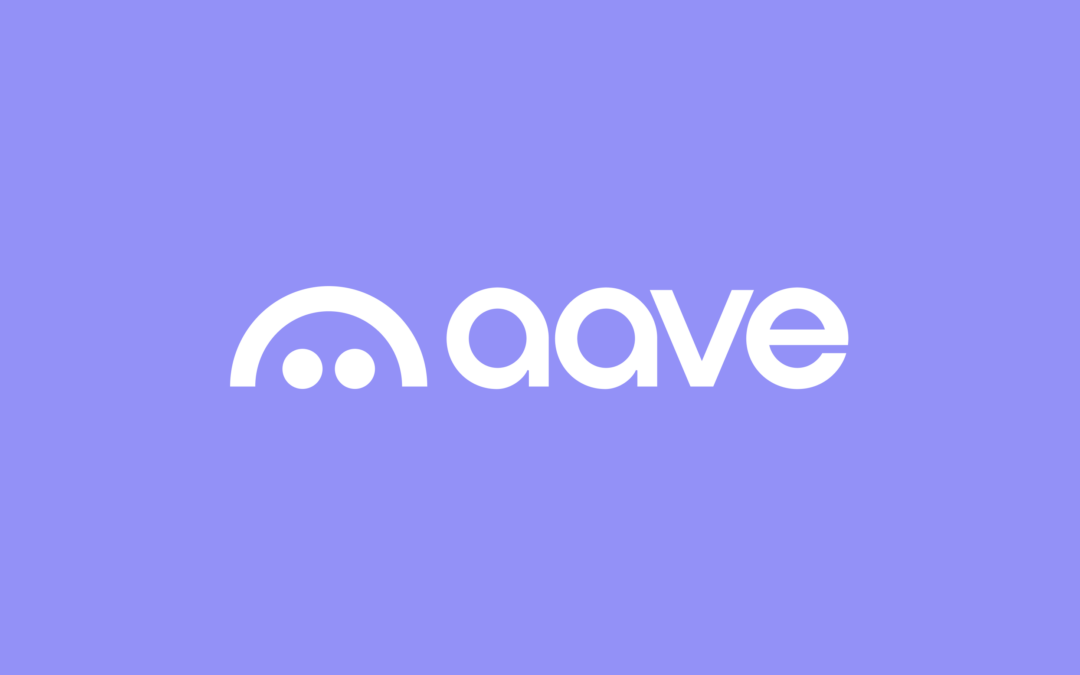ARTICLE AD BOX

In a groundbreaking development for Nigeria’s cryptocurrency market, the Securities and Exchange Commission (SEC) has awarded its first provisional operating license to Quidax, a prominent African-founded crypto exchange. This landmark decision represents a significant step towards formalizing and regulating Nigeria’s burgeoning digital asset industry.
The SEC’s move is expected to set a precedent for other local exchanges, pushing them to align with new regulatory standards and seek similar approvals. This shift is poised to bring much-needed legitimacy and oversight to Nigeria’s crypto sector.
Quidax’s License: A Major Leap for Nigeria’s Crypto Sector
On Monday, Quidax announced the receipt of its provisional operating license via a statement to Cointelegraph. The license allows Quidax to function as a registered crypto exchange within Nigeria, marking a pivotal moment for the country’s digital asset ecosystem. The company’s management has described the SEC’s approval as a “shot of adrenaline” for the Nigerian crypto community, fueling optimism for future innovation and growth.
Buchi Okoro, Co-founder and CEO of Quidax, commended the SEC, under the leadership of Dr. Emomotimi Agama, for its decisive action in enhancing regulatory standards and fostering investor protection. The approval opens the door for Quidax to enter into partnerships with banks and financial institutions, contingent on further authorization from the Central Bank of Nigeria.

New Regulatory Framework: Enhancing Compliance and Safety
The SEC’s licensing follows a comprehensive update to its regulations, introduced on June 21, which encompasses digital asset issuance, exchange operations, and custody services. A key component of this overhaul is the Accelerated Regulatory Incubation Programme (ARIP), aimed at assisting virtual assets service providers (VASPs) in meeting the new regulatory requirements.
Despite these advancements, there were initial concerns that the stringent licensing criteria might reduce the number of local crypto exchanges. The SEC mandates an upfront capital requirement of 500 million naira (approximately $556,620) and requires a Fidelity Insurance Bond covering at least 25% of this capital for both Digital Assets Exchanges and Digital Assets Offering Platforms (DAOs).
Nigeria’s Position in the Global Crypto Landscape
Nigeria, Africa’s largest economy, has consistently demonstrated high levels of cryptocurrency adoption. A recent survey revealed that Nigeria leads globally in cryptocurrency awareness, and the “2023 Cryptocurrency Geography Report” by Chainalysis ranked the country second in crypto adoption among 154 nations.
However, despite this high adoption rate, Nigeria has not yet seen a significant influx of foreign crypto investment. The SEC’s new regulatory framework and Quidax’s licensing could shift this dynamic, providing a more stable and secure environment for both local and international investors.
Also Read: Nigeria’s New SEC Chair Signals Crypto-Friendly Approach
.png)
 4 months ago
6
4 months ago
6








 English (US)
English (US)